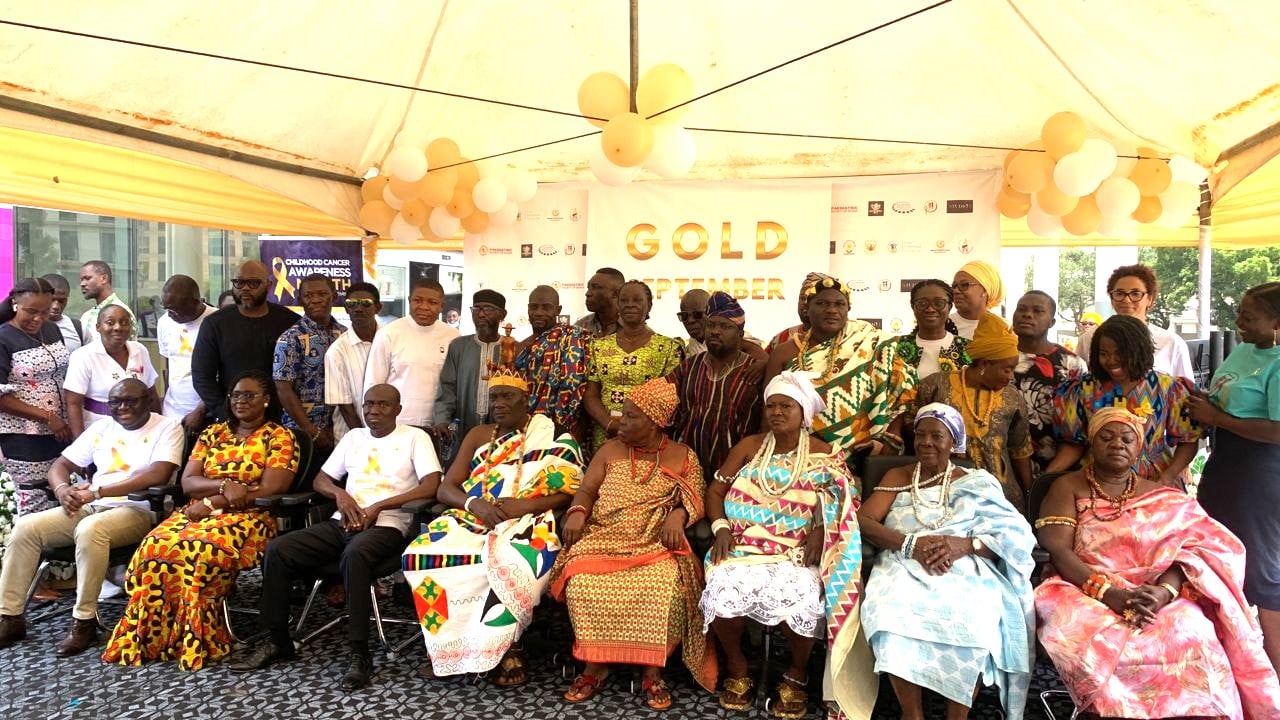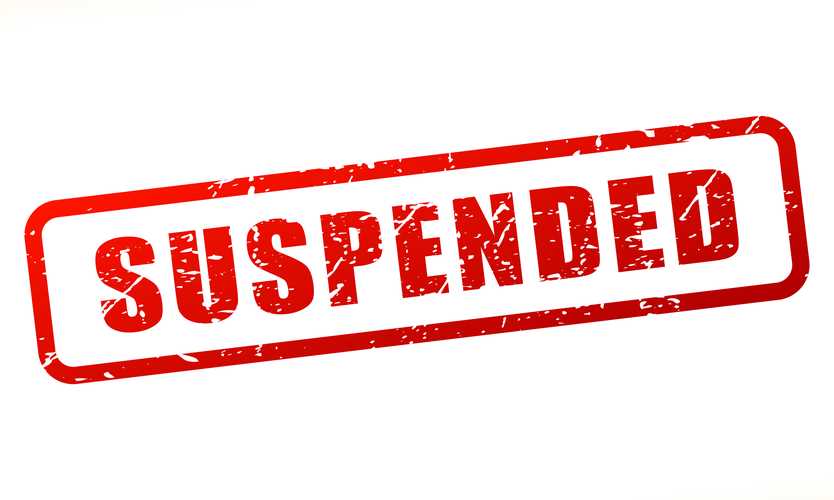
By Dani RODRIK
As a teenager growing up in Istanbul, I was lucky to be part of a generation that had democratic role models nearby.
European countries such as Britain, France, Germany, and Sweden fueled our aspirations for prosperity and democracy, giving us hope for the future of our own imperfect polity. These countries’ experiences showed us that economic growth, social justice, and political freedom were not only compatible but mutually reinforcing.
Where will today’s youth look to find a similarly hopeful message? Liberal democracy once seemed destined to be the wave of the future. But now, democratic backsliding is a global phenomenon, with Donald Trump’s America only the most visible and dramatic example.
Since the early 2010s, “electoral autocracies” – regimes that hold periodic elections, but under conditions of pervasive repression – have become the dominant form of government around the world. Nearly 220 million fewer people live under liberal democracy today than in 2012.
Moreover, “electoral democracies” – a form of regime that can pave the way for liberal democracy – have also lost ground, governing 1.2 billion fewer people today than in 2012. These regimes have been replaced by electoral or outright autocracies, which now rule over 5.8 billion people (2.4 billion of whom have been added since 2012).
As a beacon of democracy, Europe no longer shines as brightly. The European Union played a major role in anchoring democracy during Eastern Europe’s transition from socialism, with Czechia and Estonia becoming some of the highest-ranked liberal democracies in the world.
But many others – notably, Poland, Hungary, and Slovakia – have regressed significantly, and the EU has been powerless to do anything about it. Slovakia’s prime minister, Robert Fico, recently joined Russian President Vladimir Putin, North Korean dictator Kim Jong-un, and two dozen other authoritarian leaders in Beijing to help President Xi Jinping celebrate Chinese military prowess.
Leading European countries can rightly claim that their democracies have not taken as big a hit as America’s. But Europe today projects neither economic strength nor political cohesion. Its self-confidence seems to have hit rock bottom, as exemplified by how the EU has caved to Trump’s tariff threats.
European leaders long hoped that integration would enhance the region’s power and influence on the global stage. Instead, the EU seems to have turned into a permanent halfway house that fosters paralysis. Its institutions and processes discourage countries from acting boldly on their own, but lack the capacity to formulate and pursue a common vision.
While democratic Europe fails to project influence beyond its borders, those who do exercise power on the global stage are no longer role models. Few would have expected the United States to have taken such a sharp authoritarian turn, yet Trump has transformed the country into a rogue actor almost overnight. He has also made it easier for China to pose as the responsible adult in the room, and Xi has gladly donned the mantle of “sovereign equality,” “international rule of law,” and “multilateralism.”
But no one should be fooled about the nature of China’s regime. Its economic achievements are not a reason to emulate its politics. China remains a highly authoritarian country where minorities are repressed and political opposition is strictly forbidden.
To find democratic bright spots, we must look in unexpected places. For example, Brazil and South Africa, two middle-income countries, share the rare distinction of having recently come to the brink of authoritarian collapse and then pulled back.
Jacob Zuma’s tenure as president of South Africa between 2009 and 2018 was characterized by authoritarian populism and extensive corruption, and former Brazilian President Jair Bolsonaro refused to accept electoral defeat and plotted a military coup (as well as his opponent’s murder) in 2022. Yet both were succeeded by leaders with solid democratic credentials – Cyril Ramaphosa in South Africa and Luiz Inácio Lula da Silva in Brazil.
What makes these successes extraordinary is that they occurred under circumstances that political scientists consider particularly disadvantageous for democracy. Not only do South Africa and Brazil have deep ethnic divisions, but they are among the most unequal countries in the world.
Thinkers since Aristotle have argued that the absence of large gaps between rich and poor is a precondition for sustaining democracy; but the Brazilian and South African experiences paint a more subtle picture – one that is heartening for advocates of democracy.
There is good news elsewhere as well. Late last year, when South Korean President Yoon Suk-yeol declared martial law for the first time since 1980, democratic forces and the parliament fought back. In the space of just weeks, Yoon was impeached and removed from office. Chile, too, has managed to remain a stable democracy since the end of General Augusto Pinochet’s dictatorship (1973-90).
Some of the most successful democracies outside Europe are small countries that remain under the radar in discussions of democratic decline. Taiwan, Uruguay, Costa Rica, Mauritius, and Botswana all receive high marks in the Economist Intelligence Unit’s democracy rankings (the last two are particularly noteworthy as examples of long-enduring democracies in Africa).
Perhaps our hopes for fanning the flames of democracy rest on these unlikely cases. Like everything else, democracy needs role models. Although the usual case studies are no longer relevant, there are still places where democracy advocates can find inspiration.
Dani Rodrik, Professor of International Political Economy at Harvard Kennedy School, is Past President of the International Economic Association and the author of Shared Prosperity in a Fractured World: A New Economics for the Middle Class, the Global Poor, and Our Climate (Princeton University Press, 2025).
The post Editorial: Who will model democracy now? appeared first on The Business & Financial Times.
Read Full Story









Facebook
Twitter
Pinterest
Instagram
Google+
YouTube
LinkedIn
RSS